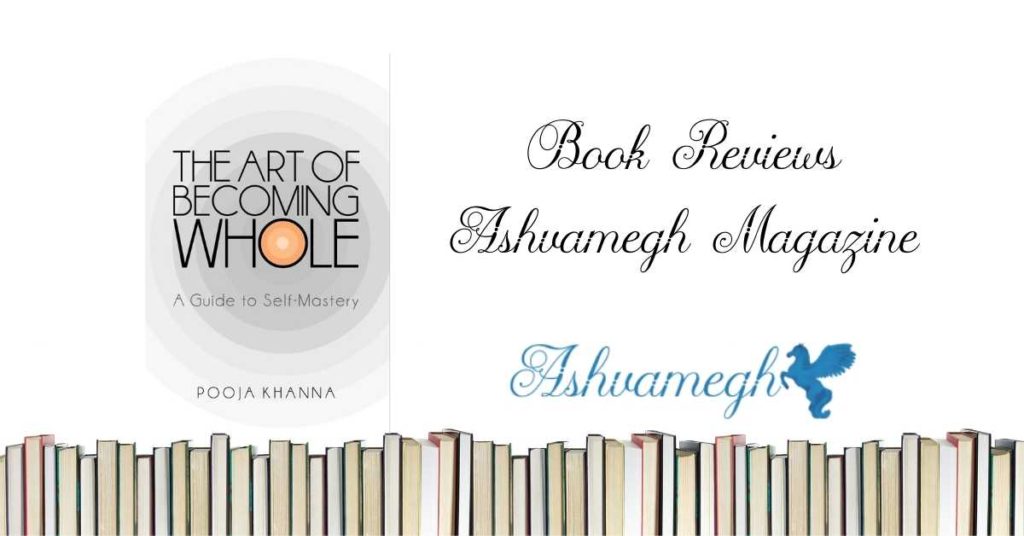Book Name: Possession: A Romance
Author: A S Byatt
Publisher: Chatto & Windus
Review by Ahmed Tashin Shams

This letter won’t be long…
Ahmed Tahsin Shams is possessed by the mystery of romance
“But we, by a love so much refined,
That ourselves know not what it is,
Inter-assured of the mind,
Care less, eyes, lips, and hands to miss.”
— Chapter 10, Possession
Letters from Christabel LaMotte to Randolph Ash! Potential novel-readers would be possessed by the book Possession: A Romance (1991) as A S Byatt rubs the lamp of love and casts a spell — enticing and enthralling — beyond words to pen, a fascinating postmodern dish for fiction-eaters. Words that can possess the readers, surely could take over Roland Mitchell.
A dull old fashioned literary researcher of the twentieth century, Ronald Mitchell, once comes across two handwritten letters of a famous married Victorian poet — Randolph Ash — to an unnamed woman who impressed him at the breakfast held at Crabb Robinson’s and the letters explain how they seemed to understand each other since the first meeting. All of a sudden, Mitchell’s ecstasy surpasses the pages. He sniffs as if a new door of his academic career is about to open which will change the history of Victorian poetry studies. This 29-year old Ash-researcher at London Library tucks the letters in his pocket and thinks not to let even know his mentor — noted Ash scholar James Blackadder. Thus sets off the voyage of a literary detective.
Indeed a hypnotizing fiction for lit-lovers! More than 100 pages of invented and convincing journal extracts, 1700 lines of original poetry, whispering sweet entrancing letters — all are the gifts of Byatt entwining many literary connotations and figures of the past — whom any English Department student is well-acquainted with. The central characters mirror the Victorian poets, for instance — Ash can be replaced by Robert Browning and LaMotte has three possible replacements — Christina Rossetti, Emily Dickinson, and Emily Bronte.
Byatt sends up academics of all stamps — dusty, thrusting, shy, ambitious, greedy, gender-obsessed, sex-obsessed, and celibate. The entire book is a clever joke, a sophisticated riff on the manners and troops of detective novels.
While unravelling a mystery surrounding two Victorian poets — Randolph Ash and Christabel LaMotte, the two literary academics — Roland Mitchell and Maud Bailey — while following their skills in textual analysis — they fall for each other like the two Victorian poets in the central story while hundreds of other points of light spread from them, from crystals to chandelier, showing various reflections on ideas about ownership and loss, attitude to sexuality and celibacy, reactions to the compromises of cohabitation and living alone, notions of privacy, personal autonomy, and public good, mythologies and counter-mythologies.
As Maud Bailey is a leading feminist and LaMotte scholar at Lincoln University, Roland cannot but meet her to move on his quest, which eventually turns into a chase. Thus Byatt creates a fictional world within the real world and two stories run parallel — Roland and Maud fall in love as they pursue the love of the Victorian lovers. There lies the postmodern feature — intertextuality. In a very playful manner Byatt reverses history, uses the tools of double coding, intertextuality, mishmash of genres in order to form his simulacra-world which is self-reflexive and full of hybridity. Ihab Hassan’s postmodern theory of anti-form, Lyotard’s concept of metanarratives, Barthes’ intertextuality, Charles Jencks’s double coding, Baudrillard’s simulacra are well-implied in Byatt’s page-tapestry.
However, what utmost imprisons readers are the letters in Chapter 10 — so mesmerizingly they portray the love of the two 19th century poets. These breath-taking letters — whispering sweet nothings in ear – blows a magic wand upon readers. A gradual development of relationship readers can perceive only by Byatt’s charming exposure technique of addressing and closing in letters. It began with “Dear Madam” but ended with “Yours most truly ever”, or “Yours to command”. In love, the way the two Victorian lovers step ahead two steps and again steps back three is a wonderful depiction of lovers’ psychology — “Dear Miss LaMotte” sometimes turns into “Dear Friend”, and sometimes “Dearest Sir”. The letters end with “Yours ever”, “Yours RHA”, “Ever, C” but sometimes “Yours true friend”.
“This letter,” LaMotte claims, “will not be long” (pg 173), is that one which apparently is the longest letter in the entire novel. Ash and LaMotte both fell head over heels in love, walking down the aisles together. It would be a great loss if a few of those magical lines are not quoted:
Randolph Ash’s letters:
“…I have tried to tell you my truth – and have written only dreary quibbles about poetry. But you know – I do believe you know –
Tell me you know – and that it is not simple – or simply to be rejected – there is a truth of imagination…”
“…I may call myself your friend, may I not? For my true thoughts have spent more time in your company than in anyone’s else, these last two or three months, and where my thoughts are, there am I, in truth,…”
“…These last letters have been like Noah’s Raven’s – they have sped out over the waste waters, across the turgid Thames in these rainy days and have not returned or brought back any sign of life…”
“…I hope you got safe home. I watched till you were out of sight – two determined little booted feet and four lapping grey clawed ones setting up small fountains as you went, without once looking back…”
“…This will not do – this may not be – I will renounce all, all my heart’s happiness. So tell me – not that you are sad, but why you are so, and truthfully, and I will take it upon me to mend what’s ill, if it lies in my power. Now write back to me as you may, and come again on Tuesday.”
LaMotte’s letters:
“I write in haste – I fear your answer – I know not whether to depart or no – I will stay, for you …”
“… my dear Sir, Pandora’s Box we have opened” … I find I can write no more – indeed and indeed my Head Hurts – and matters in this House – of which I shall not speak …”
“And I have now a new word in my vocabulary, much hated, to which I am enslaved – it goes – ‘And If’… And if we had time and space to be together – as we have allowed ourselves to wish to be – then we would be free together – whereas now- caged?”
Possession practices postmodernism on postmodernism – a high spirited response to the pat triumphs against the paralysis of postmodern scepticism refuting pessimism. When Roland and Maud’s research takes them to Brigg, they are “not sure anymore what they were looking for, feeling it impermissible simply to enjoy themselves (pg 251). Possession restores this permissibility – to enjoying while we go on looking.
Nothing would be better than concluding like LaMotte did in Chapter 28, the letter read aloud by Roland, so passionate age-old verses sets off with the repetition “My dear – my dear”:
“Did you not flame and I catch fire? Shall we survive and rise from our ashes? Like Milton’s Phoenix? …”
… I must give up writing. One thing… Your grandson (and mine, most strangely)… His name is Walter and he chants verses to the amazement of his stable – and furrow-besotted parents. I have taught him much of the Ancient Mariner: he recites the passage of the blessing of the snakes, and the vision of the glittering eye of the ocean cast up to the moon, most feelingly, and his own eyes are bright up with it.
Christabel LaMotte”


